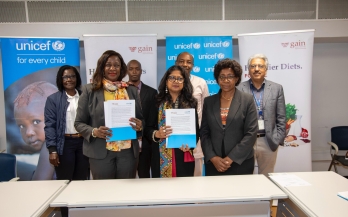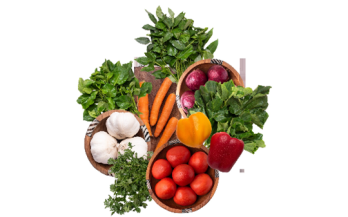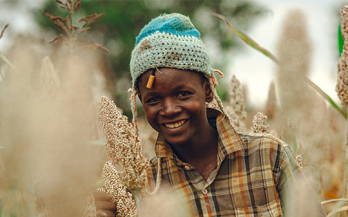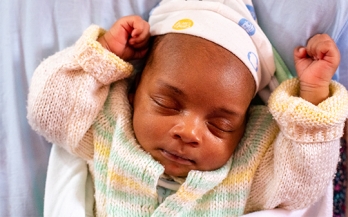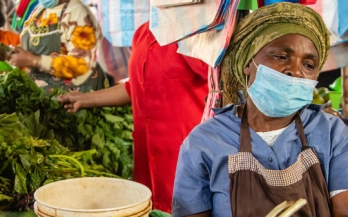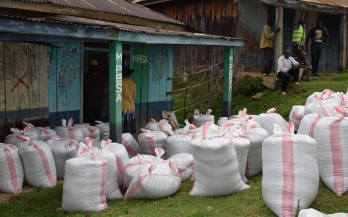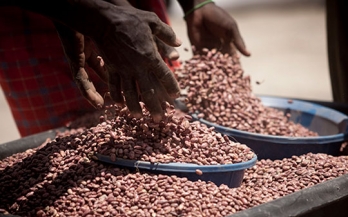GAIN Kenya is proud to announce the signing of a Memorandum of Understanding (MOU) with UNICEF Kenya to strengthen efforts to improve access to nutritious, safe, and sustainable foods for the most vulnerable. This strategic partnership underscores a shared commitment to addressing malnutrition and shaping healthier food environments for children, adolescents, and families in Kenya. The MOU was officially signed on 24th June 2025.
To boost growth, development and future wellbeing, a range of diverse fruits and vegetables should form part of all our regular meals. A diet rich in fruits and vegetables can help lower blood pressure, reduce the risk of cardiovascular diseases, such as heart disease and stroke, prevent some types of cancer, and lower the risk of eye and digestive problems. Non-starchy vegetables and fruits, like apples, pears and green leafy vegetables may even promote weight loss.
All around the world, countries have recognised their food systems need to change, for the health of people and planet. From a national political perspective, this transformative journey hinges on robust government policy frameworks. Government can and must lead in changing the landscape to banish malnutrition and boost healthy diets. The Kenyan government’s ongoing review of the National Food and Nutrition Security Policy exemplifies its commitment to doing just that.
Complementary feeding, the practice of providing infants and young children with a variety of nutritious and safe foods while continuing to breastfeed, is essential for their health and development. However, Kenya, despite being a fast-growing economy with a constitutional right to nutrition and health for every child, has made little progress on this front.
In mid-2020, GAIN developed the Keeping Food Markets Working (KFMW) programme as an emergency response to the COVID-19 crisis, providing rapid support to food system workers, to small and medium enterprises supplying nutritious foods and to keeping fresh food markets open.
Historically, workers in the tea industry may not have diets of good nutrition, resulting in high rates of anaemia and hypertension, and even increasing overweight rates. These can result in low morale, reduced concentration and increased fatigue for workers, and cause low productivity and even increased safety issues for a company.
Kenya has seen good progress against some malnutrition indicators, for instance in lowering rates of under-five stunting to around 26%. But this figure remains high, while hiding large variation across different population groups.
BLOG: The impacts of the COVID-19 pandemic on Small and Medium Enterprises (SMEs) in the food system have been well captured over the last year. Before COVID-19, SMEs in low-and middle-income countries (LMICs) were already facing several challenges that limited their ability to grow and increase production of affordable nutritious foods. production, to knowledge and technical support to improve food safety and quality, and to networks to grow and share knowledge.
Food businesses are governed by many food laws and sometimes this doesn’t stand out as an enabling environment for trading in Kenya. Businesses are required to work with a multiple of regulators to ensure that they are compliant to food standards. The number of licences required to run a food business are many and all of them cost a fortune.
